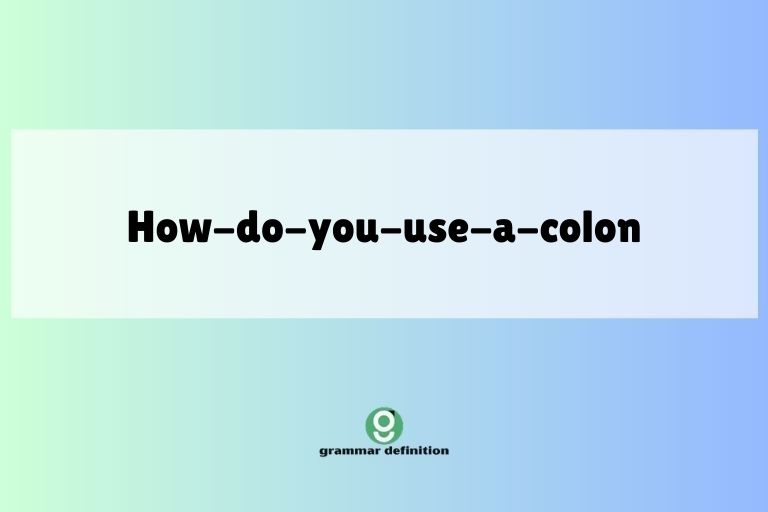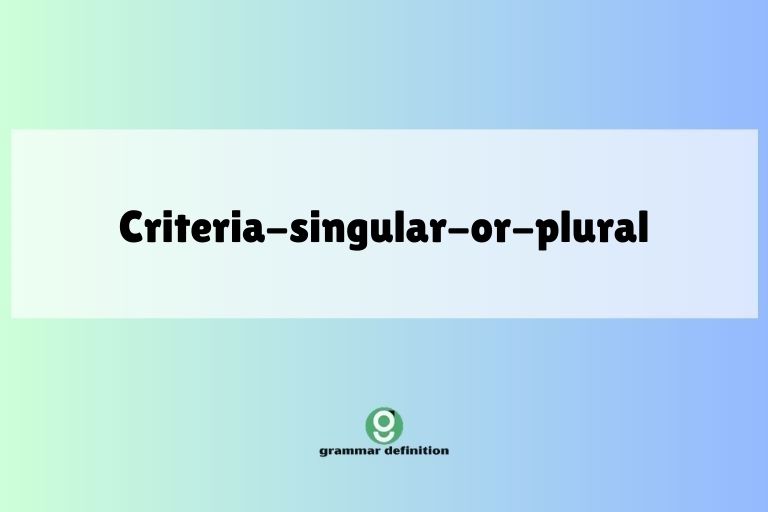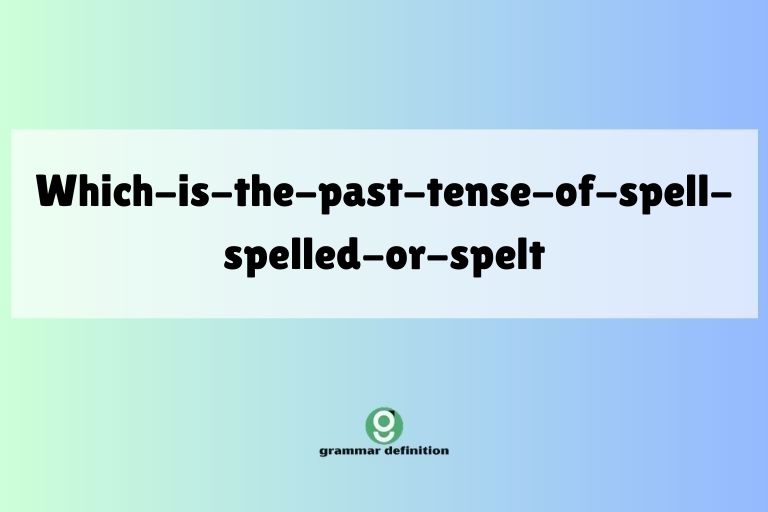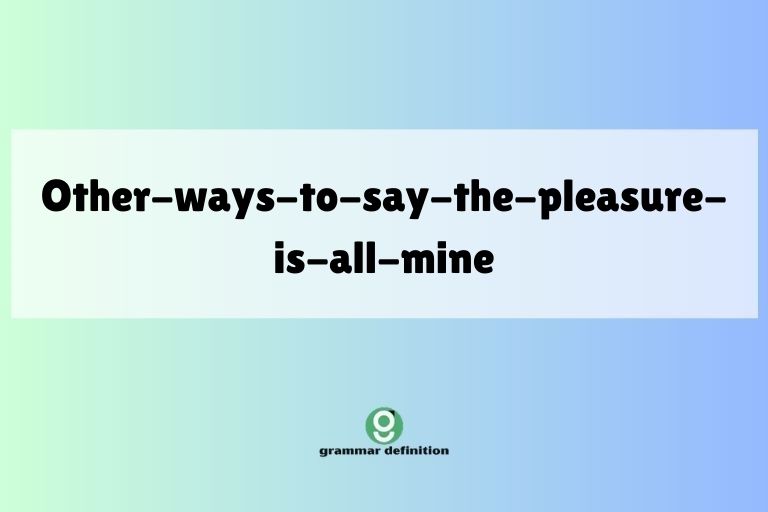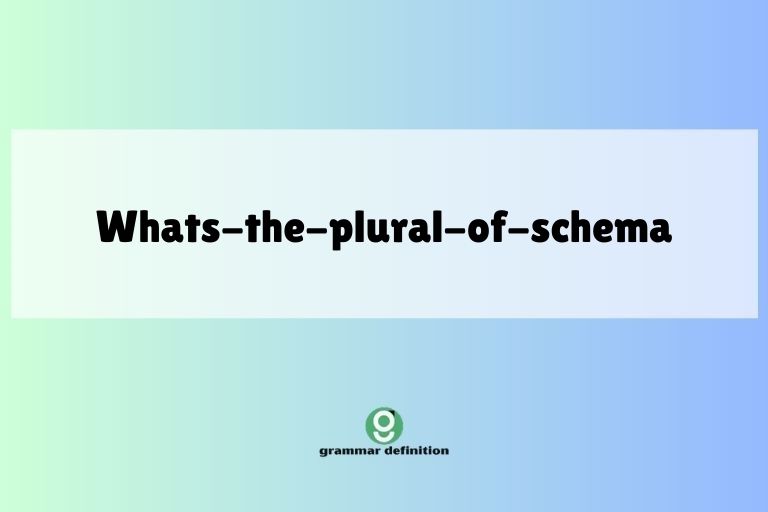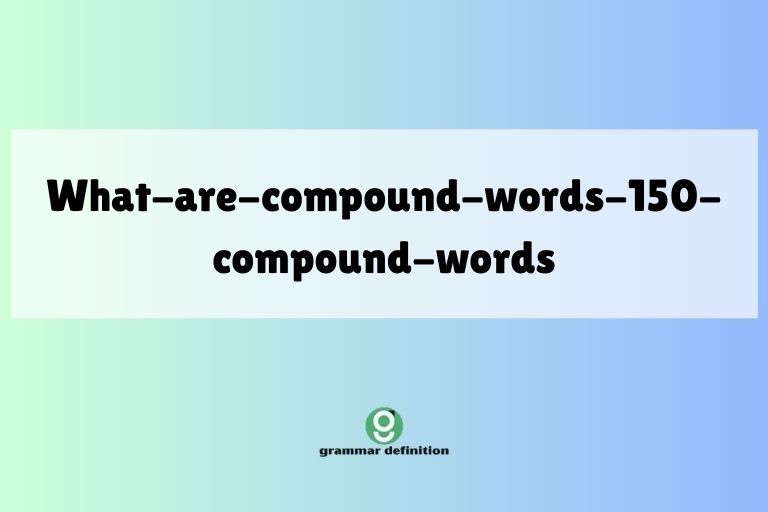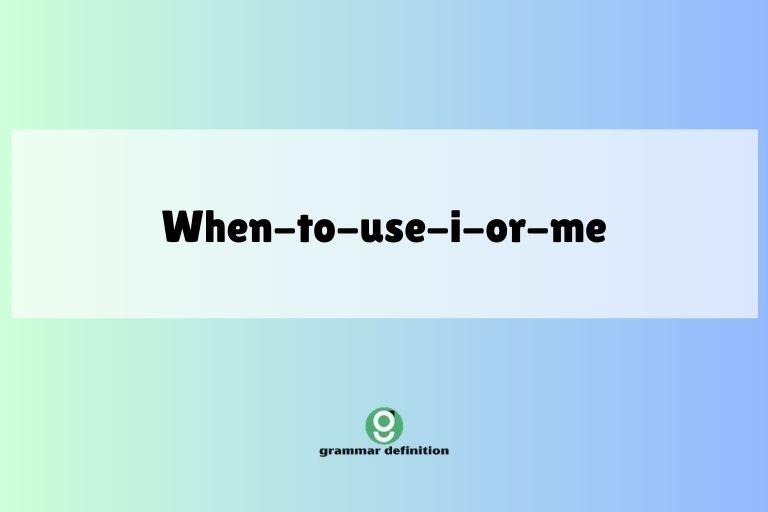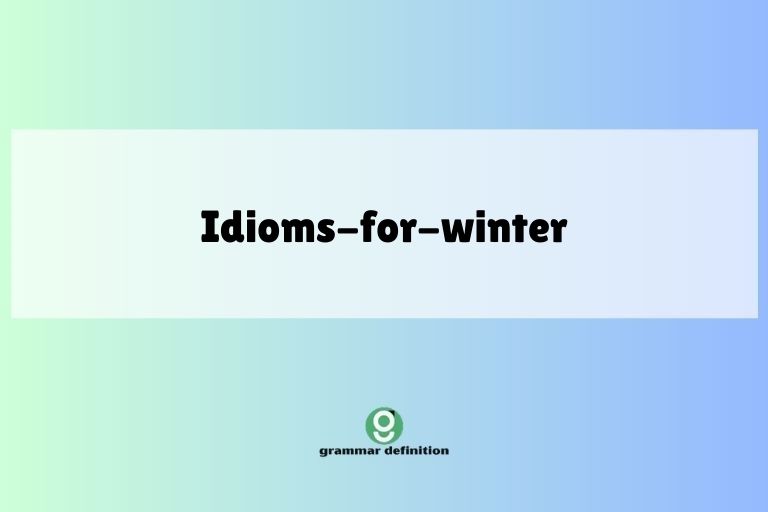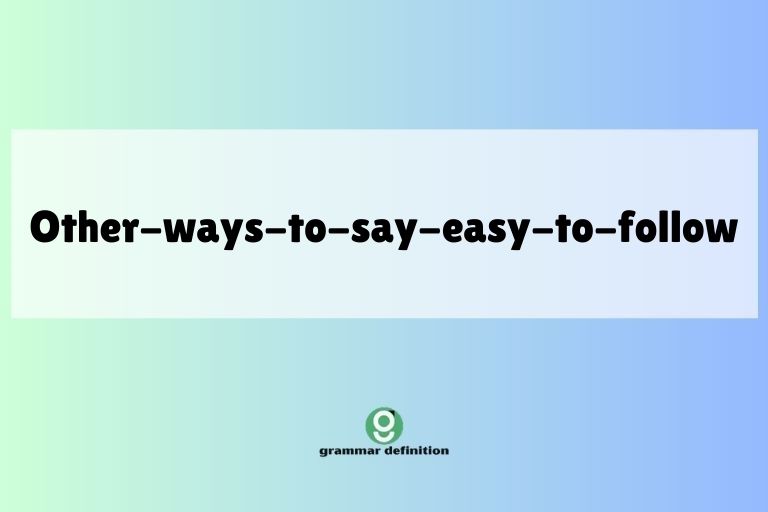Illuminating Language: Mastering Similes for Light
Understanding how to use similes effectively is crucial for enhancing both writing and communication. Similes, which compare two unlike things using “like” or “as,” bring vivid imagery and deeper meaning to our expressions. Mastering similes for light enables us to describe brightness, radiance, and illumination with creativity and precision. This skill is beneficial for students, … Read more


